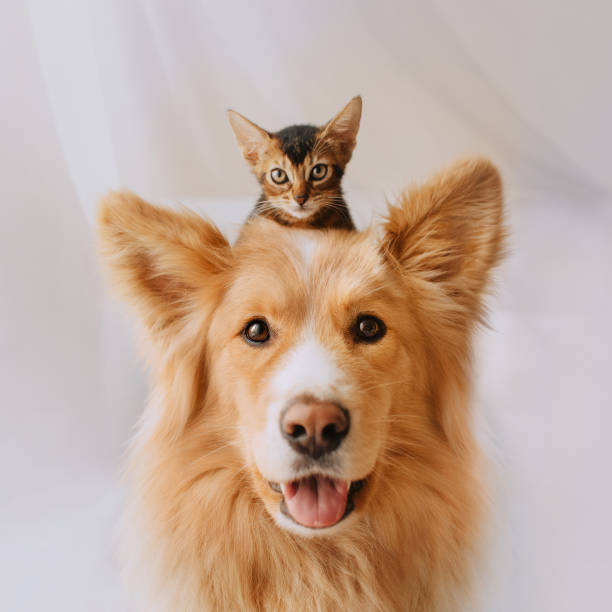How to Train Your Cat to Utilize the Litter Box: A Step-by-Step Guide
How to Train Your Cat to Utilize the Litter Box: A Step-by-Step Guide
Blog Article

Felines are cherished companions in countless homes worldwide, and part of the responsibility of feline ownership involves selecting the right litter and litter box that fits both the requirements of our feline buddies and our own. With a myriad of alternatives offered, browsing through the choices can be frustrating. This guide aims to simplify that procedure, providing you with whatever you require to learn about cat litter, litter boxes, and systems.
The primary step in cat care is picking the right cat litter. Choices vary from clumping, non-clumping, silica gel, natural, and organic varieties. Clumping litter is popular for its ease of cleansing, while non-clumping litter is often less expensive and still reliable. Natural and organic litters offer environment-friendly options however can differ in their absorbency and smell control abilities.
Modern feline owners can pick from a variety of litter box systems, consisting of automated and self-cleaning models that offer convenience and lowered maintenance. These systems can be a significant financial investment however deserve considering for those with busy lifestyles.
Eco-conscious feline owners have numerous options, including naturally degradable and flushable feline litters that minimize environmental impact. However, it is very important to stabilize benefit with environmental concerns, as some flushable litters may not appropriate for all pipes systems.
Correct training is necessary, especially for kittens or cats transitioning to a new type of litter or box. Consistency and persistence are crucial. Routine cleansing and upkeep of the litter box are vital for the health and wellness of your feline, as well as for odor control in your home.
The advantages and disadvantages of different types of cat litter are large. Silica gel litter is highly absorbent and long-lasting but can be more expensive. Natural litters, while safer for the environment, may not control odors as effectively as synthetic options. Understanding the particular requirements of your feline and your choices for upkeep can assist in making the finest option.
When selecting a litter box, consider the size, shape, and style that will best suit your feline. Some felines choose open boxes, while others like the personal privacy of a covered box. Senior felines and kitties may need boxes with lower sides for simple gain access to.
Smell control is a considerable issue for numerous cat owners. Choosing the ideal type of litter, regular cleansing, and using accessories like smell removers and litter mats can help keep your home smelling fresh.
The health monitoring litters readily available today can inform owners to prospective health issues by altering color in reaction to changes in pH or the existence of blood. In addition, the environmental impact of cat litter is a crucial factor to consider, with many owners choosing naturally degradable or recycled options.
Picking the best cat litter, litter box, and maintenance regimen is important for the health and joy of your feline, as well as for keeping a tidy and Diatomaceous Earth Cat Litter odor-free home. By considering the requirements of your feline and the practical elements of litter and litter box maintenance, you can develop a comfortable and hygienic environment for your furry pal.
How often should I alter my cat's litter? It depends upon the type of litter you're utilizing and how numerous cats utilize the box. Clumping litter needs to be scooped daily, with the entire box altered every 2-4 weeks. Non-clumping litter frequently needs more regular changes.
Are automated litter boxes worth the financial investment? Selecting the right cat litter, litter box, and upkeep regimen is vital for the health and happiness of your cat, along with for keeping a clean and odor-free home. By thinking about the needs of your feline and the practical elements of litter and litter box upkeep, you can produce a comfy and hygienic environment for your furry good friend. For many, the benefit and reduced upkeep of automated litter boxes make them a worthwhile investment. Nevertheless, some cats may hesitate of them, so it's not a cat litter one-size-fits-all solution.
Can diet plan impact litter box odor? Yes, a feline's diet can considerably affect the odor of their waste. Top quality, quickly digestible foods tend to produce less stinky waste.
By comprehending the vast world of cat litter, litter boxes, and systems, you're well on your way to supplying a clean, comfortable, and sustainable environment for your feline.
Choosing the ideal cat litter, litter box, and maintenance routine is necessary for the health and happiness of your cat, in addition to for keeping a clean and odor-free cat litter boxes home. By thinking about the requirements of your feline and the practical aspects of litter and litter box upkeep, you can produce a comfy and sanitary environment for your furry friend.